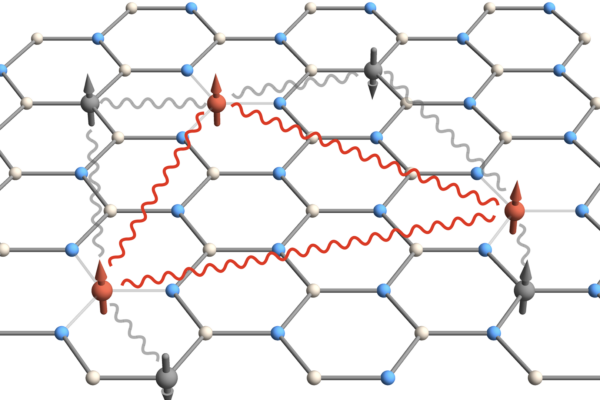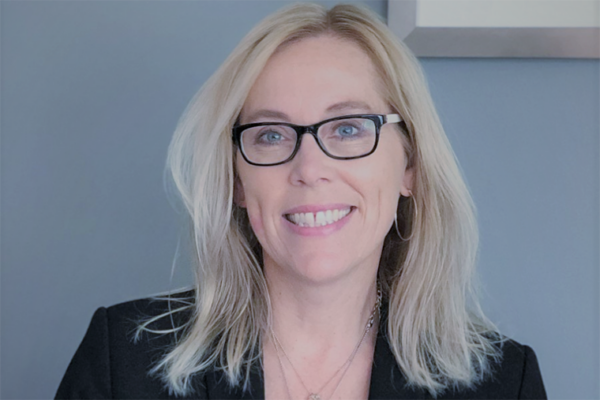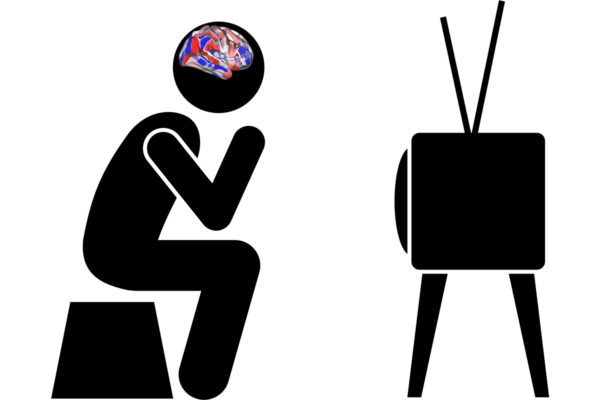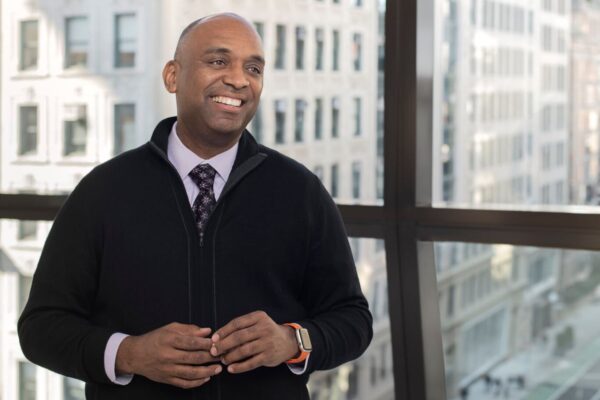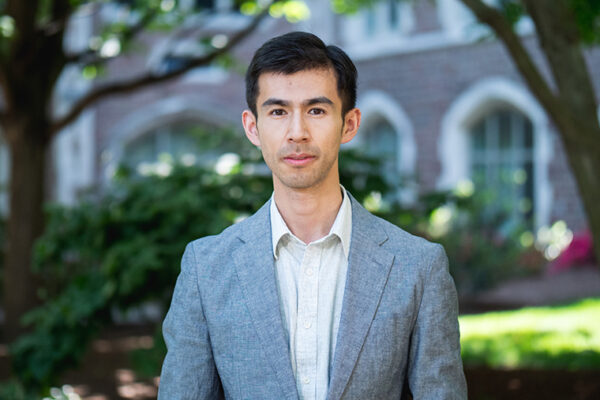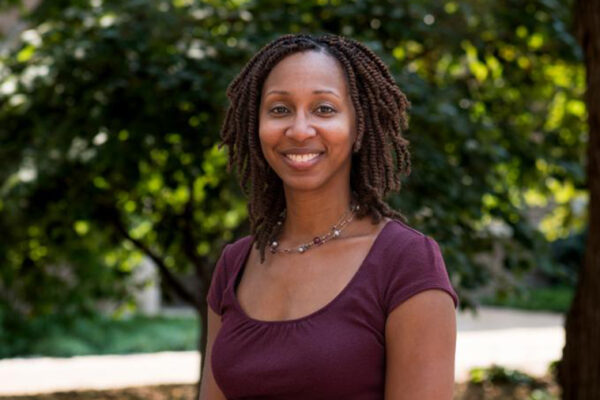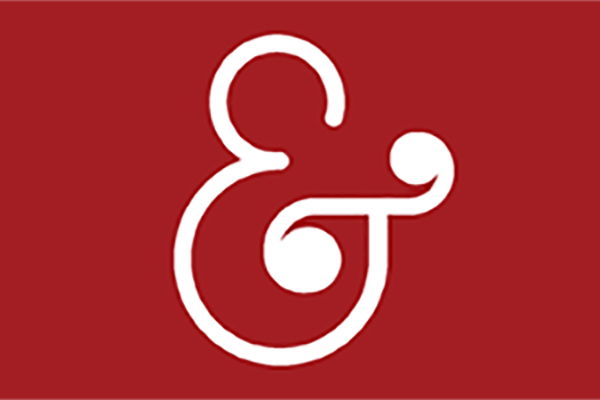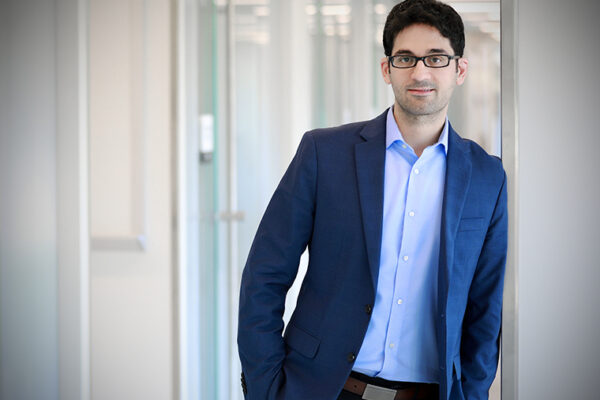Glitches in the matrix
As reported in a paper in Nature Communications, physicist Chong Zu in Arts & Sciences and his team are finding new ways to harness the quantum power of defects in otherwise flawless crystals.
Brantmeier appointed to multinational language research advisory board
Cindy Brantmeier, a professor of applied linguistics and global studies in Arts and Sciences, will serve on the advisory board for LANGUAGES, a language acquisition research study in England, Norway and France examining teachers’ instruction and students’ use of languages in classrooms.
Children’s brain scans provide clues to processing of emotional cues
Washington University researchers found that how children’s brains process emotional cues typically is set by the time they are school age. They studied brain scans from hundreds of children ages 5 to 15 who watched videos that dealt with emotional topics.
Renowned scholar, university president McBride to join Washington University
Dwight A. McBride, a leading scholar of race and literary studies, and president and University Professor at The New School in New York City, will join the faculty of Washington University in St. Louis. His appointment is effective Aug. 15.
Ran wins NSF CAREER award
Physicist Sheng Ran in Arts & Sciences has won a prestigious National Science Foundation award for a project investigating new quantum materials. The research has potential applications for next-generation electronics.
What your ‘likes,’ posts really say about you
Psychology researchers at Washington University in St. Louis have created the Social Media Use Scale, which groups social media use into four broad categories and offers insights about personality and behavior traits.
Wingfield elected president of American Sociological Association
Adia Harvey Wingfield, in Arts & Sciences, has been elected the 116th president of the American Sociological Association. As president, she will be responsible for leading ASA’s overall strategic direction and policymaking.
Center for the Humanities makes spring awards
Several humanities faculty members received individual research grants this spring from the Center for the Humanities in Arts & Sciences at Washington University in St. Louis.
Patti wins American Chemical Society Midwest Award
Gary Patti, in Arts & Sciences and the School of Medicine, has won the 2023 American Chemical Society Midwest Award. This annual award recognizes outstanding achievements in chemistry in the Midwest region.
Alumni awarded Fulbright awards to travel abroad
Ten recent alumni earned Fulbright awards to travel abroad to conduct research or to teach English. The program recognizes talented scholars and leaders who are committed to promoting global collaboration and understanding through research and teaching.
View More Stories
